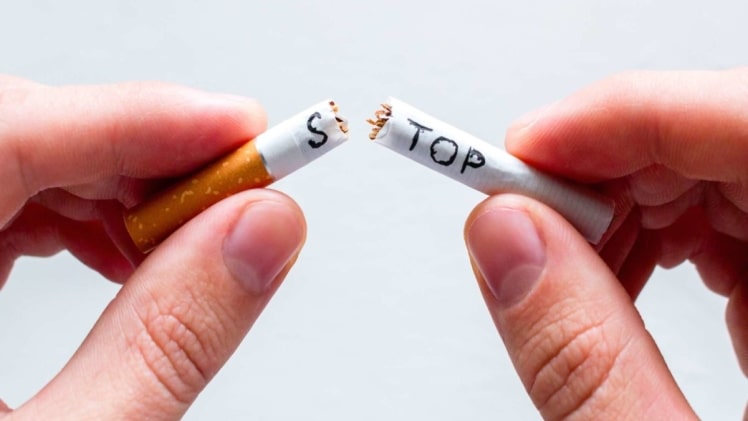Most of us typically associate addiction with alcohol or drug abuse, but it’s clear that addictive behaviors go far beyond. According to the universal definition of addiction, it’s considered by the recurrent and compulsive patterns to seek a substance, behavior, or activity in spite of detrimental consequences to one’s health, social and mental state. These consequences often accompany physical as well as emotional dependence.
Understanding the different types of addiction is crucial for effective treatment. Both process addiction and substance addiction require specialized care tailored to individual needs. For those looking for comprehensive support and recovery options, consider exploring facilities that offer personalized treatment plans. Visit our New Jersey location to learn more about effective outpatient rehab services available.
Addiction may theoretically be traced back to any beneficial action and is intimately related with the brain’s reward region. Even though the purpose of continuous use of a drug or repetition of a behavior, like cutting, is no longer to create pleasure, but to alleviate anxiety induced by the lack of the substance or action. The habit has become obsessive and very difficult to control.
There are several addiction causes. Individuals develop an addiction as a means of coping, resolving conflict, and feeling better. They may obliterate unpleasant feelings such as pain, insecurity, or discomfort and may provide strongly diverting experiences that concentrate and absorb attention. They may help a person cope with seemingly impossible situations and provide an illusory or transient sense of security or peace, of self-worth, purpose, or achievement, of power and control, or of closeness or belonging. Addicts utilize their addictions to alleviate emotional anguish, feel good about themselves, escape loneliness and solitude, relieve tension and worry, and feel unconnected.
Addiction is not confined to chemicals. There are addictions to processes and substances; even hobbies and behavioral patterns may develop into severe addictions. While most are aware of ingested addictions such as alcohol, drugs, and food, many are unaware of this second kind of addiction known as process addiction. A process addiction is an obsession with a way of life, with self-defeating actions; it is a cognitive and emotional addiction.
Numerous scientific investigations have shown that Process Addictions have the same effect on the brain’s reward system as drug addictions. Shopping addiction, gambling addiction, internet addiction, sex and pornography addiction, gaming addiction, eating disorders, job addiction, and love addiction are just a few instances of process addiction. Obsessive and compulsive desire or dependency on a drug, an item, a relationship, an activity, or a thing is the defining characteristic of any addiction.
A center for addiction recovery recognizes that process addictions are just as serious as drug and alcohol and should be treated with the utmost care and sensitivity. Many of the therapists, who have also gone through the treatment process, are still in recovery and are willing to share their firsthand experiences in order to allow others to follow in their footsteps. In addition, they are able to offer valuable insight into what to expect as well as the do’s and the don’ts of process addiction treatment. They treat patients from all over the world, caring for them with the dignity and respect they deserve. The process addiction treatment programs provide each individual with an opportunity to lead a new and better life by changing their emotional, physical, and mental attitudes.

